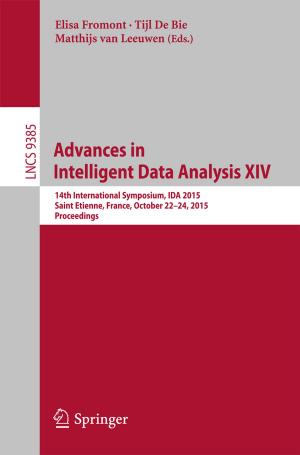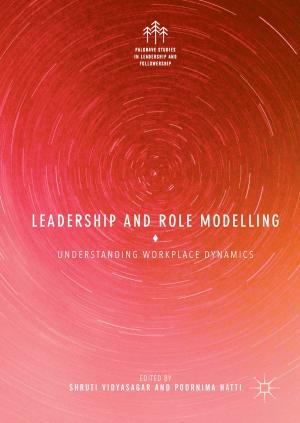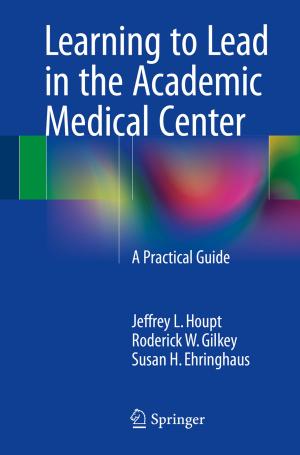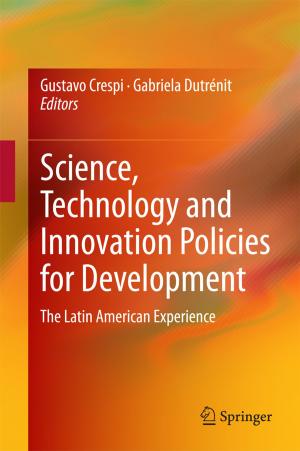Business Improvement Districts in the United States
Private Government and Public Consequences
Nonfiction, Social & Cultural Studies, Political Science, Government, Public Policy| Author: | Abraham Unger | ISBN: | 9783319322940 |
| Publisher: | Springer International Publishing | Publication: | November 12, 2016 |
| Imprint: | Palgrave Macmillan | Language: | English |
| Author: | Abraham Unger |
| ISBN: | 9783319322940 |
| Publisher: | Springer International Publishing |
| Publication: | November 12, 2016 |
| Imprint: | Palgrave Macmillan |
| Language: | English |
This book examines how privatization has transformed cities, particularly through the role of Business Improvement Districts (BIDs) in the revitalization of America’s downtown. These public-private partnerships between property owners and municipal government have developed retail strips across the United States into lifestyle and commercial hubs. BIDs are non-profit community organizations with the public power to tax and spend on services in their districts, but they are unelected bodies often operating in the shadows of local government. They work as agents of economic development, but are they democratic? What can we learn from BIDs about the accountability of public-private partnerships, and how they impact our lives as citizens? Unger explores these questions of local democracy and urban political economy in this age of rampant privatization and the reinvention of neighborhoods.
This book examines how privatization has transformed cities, particularly through the role of Business Improvement Districts (BIDs) in the revitalization of America’s downtown. These public-private partnerships between property owners and municipal government have developed retail strips across the United States into lifestyle and commercial hubs. BIDs are non-profit community organizations with the public power to tax and spend on services in their districts, but they are unelected bodies often operating in the shadows of local government. They work as agents of economic development, but are they democratic? What can we learn from BIDs about the accountability of public-private partnerships, and how they impact our lives as citizens? Unger explores these questions of local democracy and urban political economy in this age of rampant privatization and the reinvention of neighborhoods.















